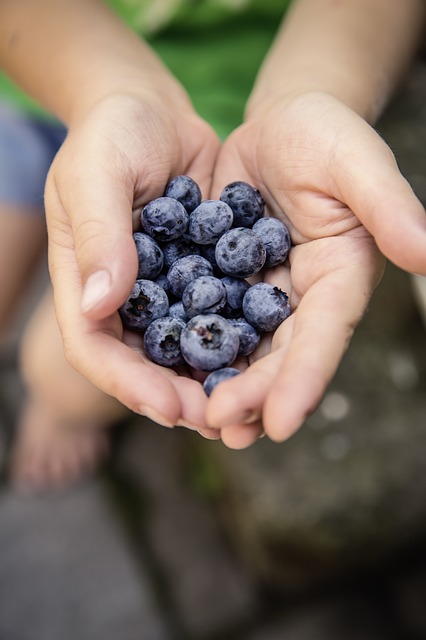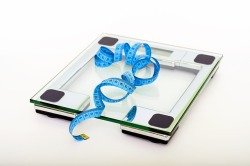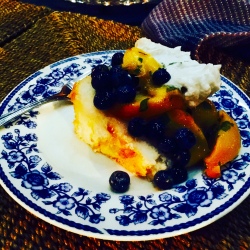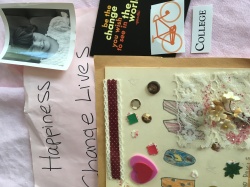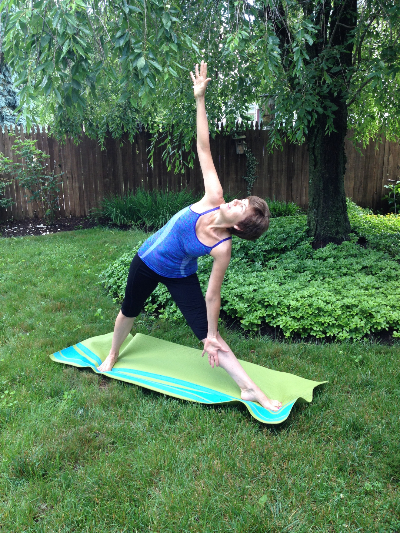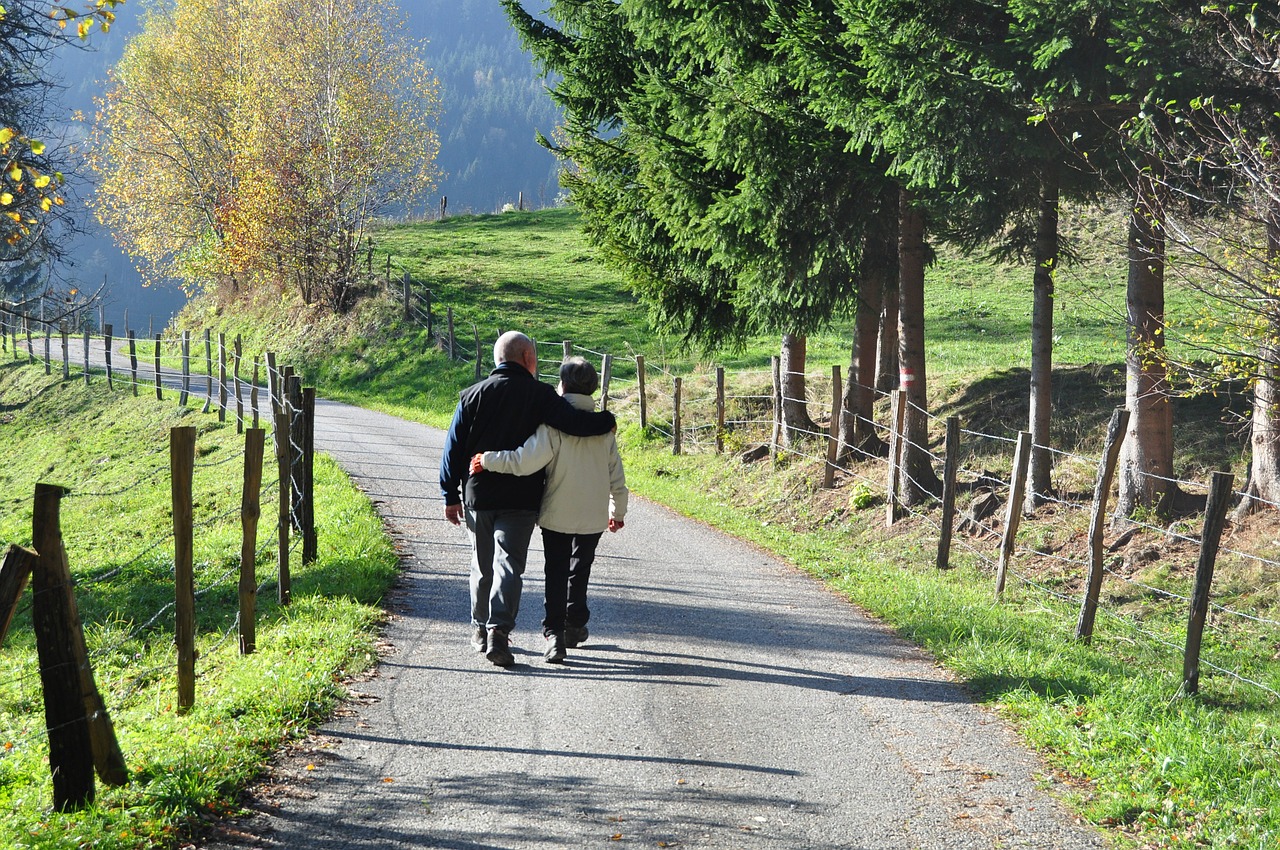
Growing up, vegetables were frozen out of the bag, mostly corn, peas and carrots, and Iceburg lettuce with tomato for a salad. Oh, and I can’t forget white Idaho baking potatoes. Over time I started experimenting with new (to me) varieties and preparations of vegetables. I was motivated to do this because I heard that vegetables were low in calories and would fill me up and help me lose weight. Later I learned that food is medicine and consuming vegetables is one of the best things I could do for my health.
My story might be familiar to you too as green vegetables are the most commonly missing food in modern diets. Learning to incorporate dark leafy greens into the diet is essential to establishing a healthy body and immune system. Greens help build your internal rainforest and strengthen the blood and respiratory system. When you nourish yourself with greens, you naturally crowd out the foods that make you sick such as foods high in saturated fat, sugar, sodium, preservatives, chemicals, food dyes, and processed convenience foods. Vegetables have helped me crowd out all of that plus wheat and dairy containing products which cause inflammation and a more acidic environment in the body. Leafy green vegetables are high- alkaline foods. Alkaline minerals in our bodies neutralize acidic conditions caused by the environment. Green vegetables help replenish our alkaline mineral stores and filter out pollutants.
Nutritionally, greens are very high in calcium, magnesium, iron, potassium, phosphorous, zinc, and vitamins A, C, E, and K. They’re loaded with fiber, folic acid, chlorophyll, and many other micronutrients and phytochemicals. Although choosing organic is recommended, eating non-organic greens is still preferable to not eating any greens at all. (Visit the Environmental Working Group for a list of Dirty Dozen and Clean Fifteen) And, like the frozen vegetables of my upbringing, frozen can be better in some cases than non-local out of season vegetables that have traveled hundred’s or thousands of miles and lost nutrients on the way. If you are buying frozen vegetables, be sure that they contain just the vegetable, no added salt, sugar, butter, or sauces.
Green vegetables help with:
Blood purification
Cancer prevention
Improved circulation
Strengthened immune system
Promotion of light, flexible energy
Improved liver, gall bladder, and kidney function
Less congestion and mucus, especially in lungs
Promotion of healthy intestinal flora
EXPERIMENT WITH GREENS
There are a wide variety of greens available year round, so explore options that you can enjoy and eat often. If you get bored with your favorites, be adventurous and experiment with new greens that you’ve never tried before.
Common options include bok choy, napa cabbage, kale, collards, watercress, mustard greens, broccoli rabe, and dandelion. Arugula, endive, chicory, lettuce, mesclun, and wild greens are generally eaten raw, but can be consumed in any creative way you enjoy.
Spinach, Swiss chard, and beet greens are best eaten in moderation because they’re high in oxalic acid, which inhibits the absorption of calcium. Rotate a variety of fresh greens in your diet to get the maximum benefits. Try this sautéed Swiss chard and onion recipe.
Raw salad of course is also a convenient preparation for greens. It’s refreshing, cooling, and supplies live enzymes. Just watch the dressings. My favorite is olive oil, balsamic or red wine vinegar, lemon juice and Dijon mustard shaken in a jar.
COOKING GREENS
Try a variety of methods like steaming, boiling, sautéing in oil, water sautéing, or lightly pickling (as in a pressed salad). Boiling helps greens plump and relax. Boil for under a minute to avoid losing nutrients in the water. You can also drink the cooking water as a fortifying broth or tea if you’re using organic greens. Steaming makes greens more fibrous and tight, which helps you feel fuller, longer. This is a great way to curb cravings for those trying to lose weight.
I hope you take on the challenge to eat more greens in 2017 – cheers to your health!


